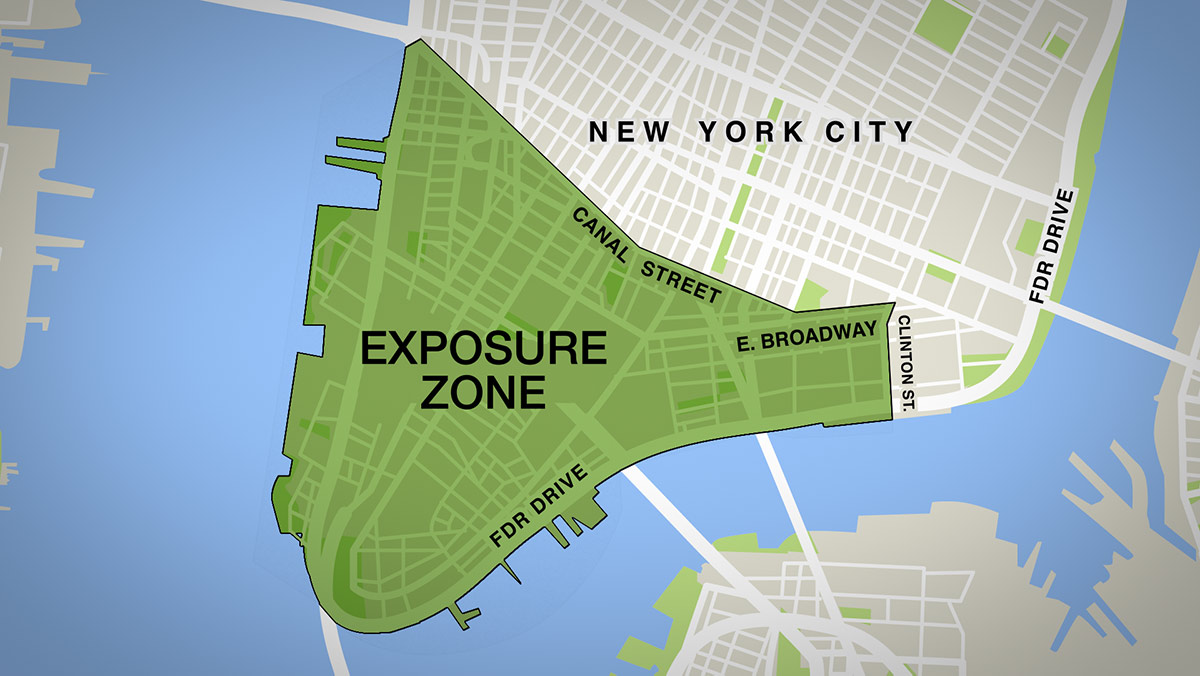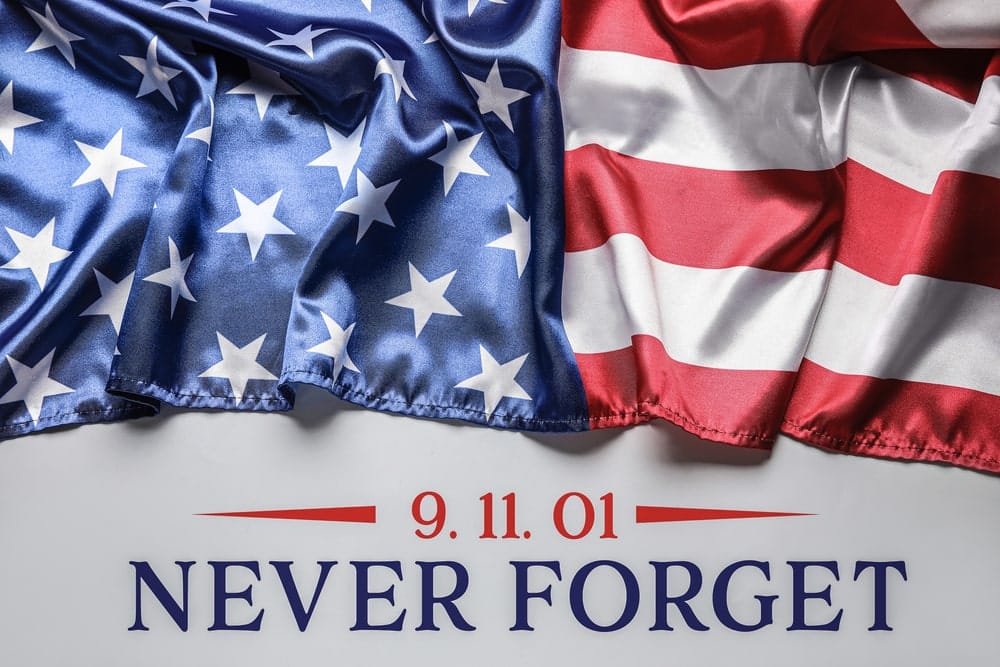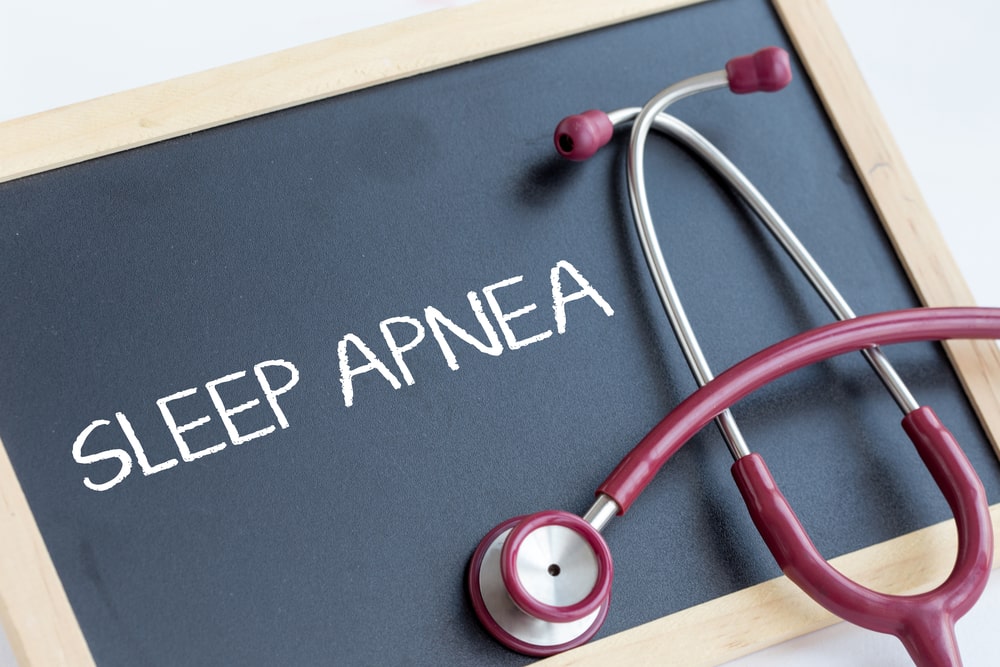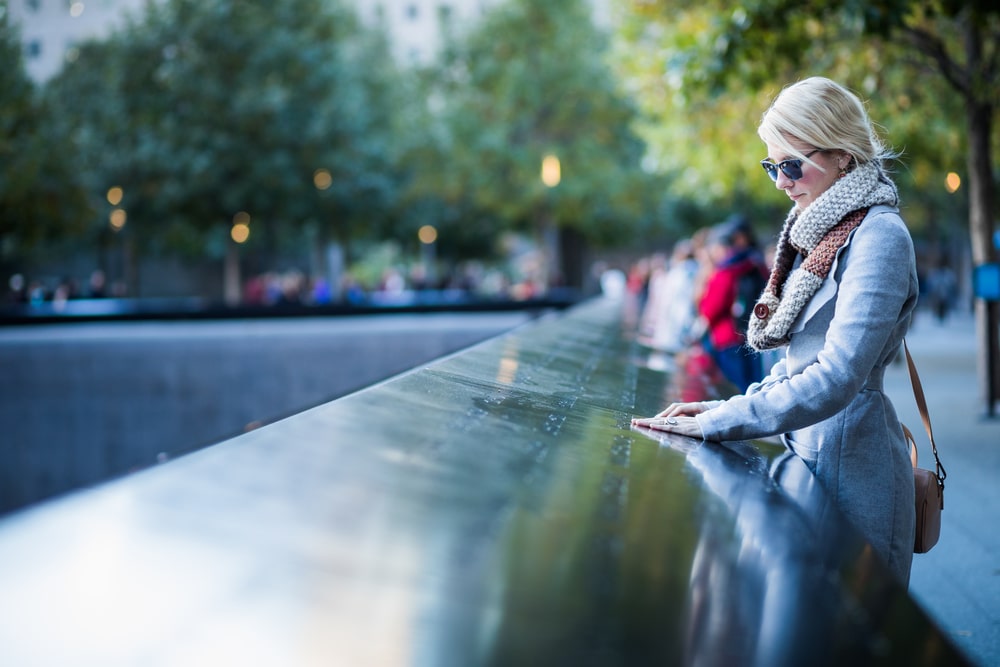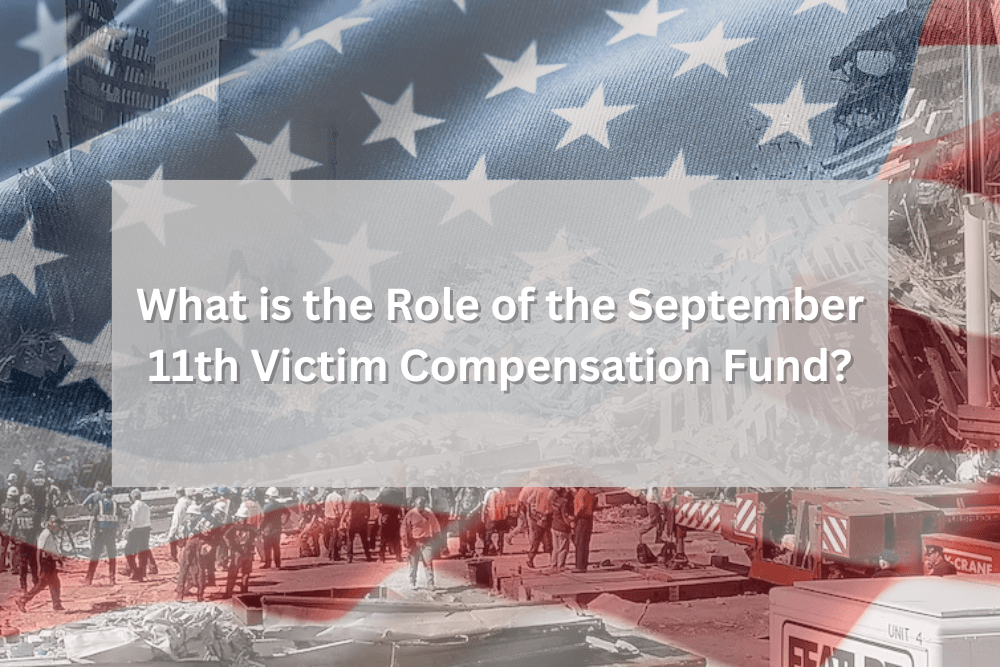
The price associated with the 9/11 terrorist attacks is almost immeasurable: in terms of the collapse of iconic structures, in the start of a war that cost an estimated $8 trillion, and in the mounting costs of security on our streets and in our airports that resulted from the fear of another attack. The nearly 3,000 people killed in the attack paid the ultimate price, as did the families they left behind. Even now—more than 20 years later—thousands suffer significant health problems associated with 9/11.
The September 11th Victim Compensation Fund (VCF) was created to ease the financial burden of those who lost a family member, as well as those who have a 9/11-related disease or condition. The original compensation fund was created by Congress just weeks after the attacks—on September 22, 2001—as the Air Transportation Safety and System Stabilization Act (ATSSA). Its purpose was to provide “various forms of relief to the American airline industry and affirmed Congress’s commitment to improving airline safety.” Title IV of the act also established a fund to compensate those who suffered physical injuries and the personal representatives of those who lost their lives in the attack.
In spite of many legal challenges regarding the Act’s constitutionality, none of the lawsuits were successful: the September 11th Victim Compensation Fund was created and funded at $7.4 billion. These funds were used to compensate for a number of economic losses, such as wages, benefits, and medical costs related to the 9/11 attacks. The original September 11th Victim Compensation Fund operated from 2001 to 2004.
The James Zadroga 9/11 Health and Compensation Act
In 2011, President Obama signed into law the James Zadroga 9/11 Health and Compensation Act of 2010 (Zadroga Act). The act was named after NYPD officer James Zadroga; a first responder who died from a disease as a result of his participation in the search and rescue efforts at Ground Zero and exposure to the toxic dust. The Act created the World Trade Center Health Program (WTCHP) to provide medical treatment and health monitoring for those with 9/11-related conditions and diseases. Moreover, the Act expanded eligibility to anyone who lived, worked, went to school, volunteered or was otherwise present in the NYC Exposure Zone in the days, weeks, and months following the attacks and were exposed to dangerous toxins and carcinogens.
The Zadroga Act was extended twice:
- The James Zadroga 9/11 Victim Compensation Fund Reauthorization Act was signed into law on December 18, 2015. The “Reauthorized Zadroga Act” extended the time period in which claims for compensation could be submitted to December 18, 2020. In addition, it increased the total amount of funding available to pay claims, created more categories of claims, directed the Fund to issue full compensation to eligible claimants, and imposed limitations on certain “future loss” calculations.
- In 2019, as it became evident that the Fund was running out of money, Congress passed the Never Forget the Heroes: James Zadroga, Ray Pfeifer, and Luis Alvarez Permanent Authorization of the September 11th Victim Compensation Fund Act. Critical modifications in this bill included allowing claims to be filed until October 2090; a requirement that the September 11th Victim Compensation Fund reassess policies at least once every five years; a requirement that claimants be paid the amount by which a former claim was reduced because of insufficient funding; a reduction of the cap on noneconomic damages in certain circumstances; and adjustments on compensation for economic loss for inflation. The bill also ensures that the September 11th Victim Compensation Fund is funded through fiscal year 2092.
The role of the September 11th Victim Compensation Fund Special Master
The Special Master is appointed by the Attorney General of the United States. According to the US Department of Justice (DOJ), the Special Master’s job is to:
- Direct the work of the organization that administers the September 11th Victim Compensation Fund
- Establish a claim filing process and applicable claims review procedures and policies
- Make claims eligibility determinations
- Calculate appropriate compensation
- Communicate individual claim determinations consistent with the VCF’s commitment to transparency
- Provide opportunities for appeals of denied claims for claimants who believe their claim “warrants a second look”
- Meet annual reporting requirements
- Conduct outreach and liaise with affected communities and interested third parties
Ultimately, it is the Special Master’s job to ensure that the September 11th Victim Compensation Fund lives up to the principles of “being fair to the claimants it serves, faithful to the statute that created it, and accountable to the US taxpayer who provides its funding.”
The September 11th Victim Compensation Fund claims process
Filing a claim requires proving you (or the deceased) was in the Exposure Zone in the specified timeframe; gathering documentation and completing a Release for Medical Records. Because it is critical that you not only have all the documents, complete all required paperwork, and get it to the September 11th Victim Compensation Fund within the deadline period, it is likely in your best interest to get help for an experienced September 11th Victim Compensation Fund compensation attorney. Missed deadlines, incomplete information, and missing records can cause a lengthy delay in receiving compensation—and even a denied claim.
Determining eligibility to file a claim
There are several components to determining eligibility to file a successful September 11th Victim Compensation Fund claim, and includes:
- First responders, cleanup workers, volunteers, and those who lived, worked, went to school or were visiting the area in and around Ground Zero (known as the NYC Exposure Zone) between September 11, 2001 and May 30, 2002.
- Those present at the crash sites at the Pentagon or Shanksville, PA between September 11, 2001 and October 11, 2001.
- First responders (firefighters, police, EMTs) who participated in rescue and recovery at any of the crash sites, including the World Trade Center, the Pentagon, and Shanksville
- Those involved in debris removal—either loading, unloading, driving a truck or working on barges transporting debris, and/or working in the Fresh Kills landfill between September 11, 2001 and May 30, 2002.
- Those who have a 9/11-related injury or who have 9/11-related disease or medical condition as certified by the World Trade Center Health Program
According to the September 11th Victim Compensation Fund, those “filing a claim on a victim’s behalf (i.e., as a Personal Representative of a deceased victim or as the legal guardian of an incapacitated adult) must show they have the legal authority to do so.”
Additionally, anyone who received an award from the original September 11th Victim Compensation Fund (“VCF1”) must show that their condition has substantially worsened, or that the injury or condition was not “compensable” under VCF1.
What medical conditions are compensable under the September 11th Victim Compensation Fund?
The WTC Health Program determines what is considered a certified 9/11-related condition. In order for a condition to become certified, it is evaluated by the WTC Health Program’s Scientific/Technical Advisory Committee (STAC). This committee reviews scientific and medical evidence and makes recommendations to the WTC Health Program’s Administrator as to whether a medical condition is 9/11-related and as such, a certified condition.
Certified conditions include:
- Acute traumatic injuries
- Airway and digestive disorders such as GERD, chronic cough syndrome, and new-onset or WTC-exacerbated COPD, among others
- Mental health conditions related to 9/11 trauma, including PTSD, depression, and anxiety
- Cancers, including mesothelioma and cancers of the prostate, breast, skin, thyroid, uterus, and lung, among others
Because of the cancer latency period—the time between exposure to a carcinogen and a cancer diagnoses—can be decades, STAC may recommend a “new” cancer be added to the list of certified conditions. In January 2023, uterine cancer was officially recognized as a certified 9/11 cancer.
Our knowledgeable September 11th Victim Compensation Fund attorneys can help you get the benefits you deserve
If you have a 9/11-related medical condition or are the personal representative of a deceased 9/11 victim, you may be eligible for financial compensation through the September 11th Victim Compensation Fund. We have a track record of success in helping survivors and families of 9/11 victims get September 11th Victim Compensation Fund benefits and WTC Health Program care. To schedule a free consultation with one of our compensation lawyers, please call our office at 212-983-3000 or contact us online.


